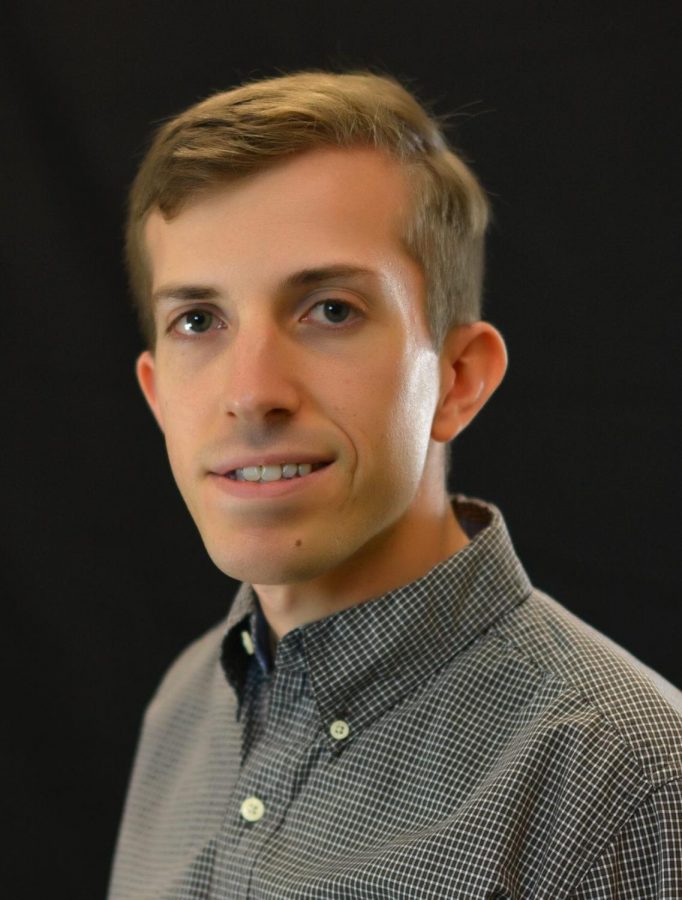HEALTH MATTERS: Spiritual wellness means finding purpose during your time at WKU
May 6, 2014
So we are at the end of another semester, this one my last as an undergraduate.
I would like to express how much I have enjoyed writing this column throughout the semester and to thank the editorial staff at the Herald for this wonderful opportunity. I have discovered fulfillment in asking questions and finding new information about various aspects of health. I hope to continue doing this in the coming years.
This semester, I have attempted to emphasize that there are many different aspects of health that are intertwined and dynamic and that collectively contribute to your overall wellness. The National Wellness Institute, for example, lists six dimensions of wellness: physical, emotional, intellectual, social, occupational, and spiritual.
While each of these dimensions is important, spiritual wellness in particular intrigues me. I wonder, how is spirituality connected to health?
Although raised in the Catholic school system in Louisville, I do not currently make time for formal religious practice. Still, I would not consider myself to be lacking spiritual wellness. Quite the contrary, I believe in God and often think about God, my existence, and whether my actions are contributing in some way to the betterment of those around me or are merely self-serving.
Spirituality certainly may include one’s belief and faith in the Divine. For those that believe in God, something greater is constantly at work, and the mystery of faith can be a source of beauty and wonderment. However, I don’t want to exclude our friends who don’t find it necessary to believe.
Spiritual wellness may also derive from one’s relationships, one’s work, one’s connection with the natural world, and one’s time spent in meditation, whether over existence, over a painting or poem, or simply over one’s day.
Aside from being a time to find a career, college is a time to find purpose, lifelong interests, and meaning in one’s life. Although this search for purpose continues throughout each of life’s subsequent stages, these discoveries are especially important for young adults.
At WKU, you define and shape your future, and what you accomplish on the hill will ripple into greater accomplishments in the years to come. Each of us is unique in our time spent at WKU and each of us will accordingly make unique contributions to our communities and the world at large.
For me, although undergraduate school lasted longer than it does for most, I will graduate with degrees in both the arts and the sciences and hopefully make positive contributions as a healthcare provider, a writer, and an Army officer.
Spiritual wellness means thinking about your existence, your time at WKU, your hopes and plans, the contributions that you want to make, and the connections and interactions between us all as we create our world.
I wish each of you the best of health and peace as you find your path.























